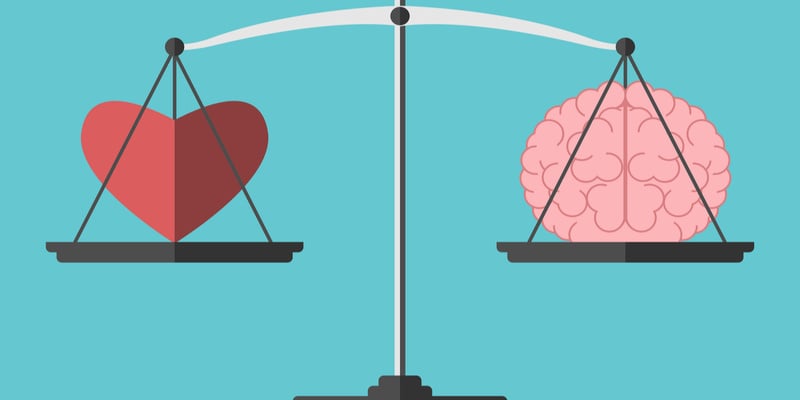In 1995, Daniel Goleman popularized the concept of emotional intelligence (EI) in his seminal book Emotional Intelligence: Why It Matters More Than IQ. More than 20 years later, it’s more relevant than ever for leaders to tap into their own emotional intelligence capabilities. In fact, Goleman argues that emotional intelligence is the differentiator of top-performers in the workforce.
What is EI?
While the concept of emotional intelligence has been around for several decades, Goleman’s book provided a framework for understanding and applying it to leadership. First, let’s define it and then break it down into its four components.
Emotional Intelligence (noun): The ability to monitor one’s own and others’ feelings and emotions, to discriminate among them, and to use this information to guide one’s thinking and actions.
– Salovey, P. & Mayer, J. D. (1990). Emotional intelligence. Imagination, Cognition, and Personality, 9, 185-211.
The Four Elements of EI
| Self-management |
Managing Relationships with Others |
| Self-awareness: Your values, beliefs and habitual mindset are at the core of your leadership ability. An honest and keen understanding of your emotions, strengths, weaknesses, stressors, triggers, needs, and drivers is always the first step in better self-awareness. |
Social Awareness: Social awareness is your ability to exercise empathy (taking the perspective of others into account), sensing what others feel without their saying so, and taking a service orientation (meeting the needs of others). These facets lead to better social awareness. |
| Self-management: Self-management is the process of managing your internal states, impulses and resources for the purpose of performing optimally. It includes your ability to recognize and control or reflect disruptive impulses and moods as well as the propensity to suspend judgment. |
Relationship Management: Relationship management is your ability to build trust, find common ground, and move others in the direction you seek. In other words, putting your emotional intelligence to work with vision, purpose, and energy. |
Why EI Matters More Than Ever
We live in times defined by increasing complexity, diversity, speed, and some would argue, divisiveness. All leaders face similar challenges, however, emotionally-aware leaders navigate both the expected and unexpected challenges of leadership better than others. They also lead change, adapt to situations, rebound after mistakes, and remain resilient during difficult times. Indeed, as Goleman states, emotional intelligence accounts for more than twice IQ and technical know-how combined as a predictor of leadership success.
Leaders who exhibit a high-degree of emotional intelligence often:
- Create a work environment of trust, fairness, and integrity
- Adapt more to quickly to changing business conditions
- Exhibit cultural sensitivity and leverage diversity by cultivating opportunities through diverse people
- Develop others by sensing others’ development needs and bolstering their abilities
- Inspire loyalty and commitment from others and move them in the direction of a compelling vision
- Anticipate, recognize, and meet customer/ stakeholder needs more quickly
All of this leads to better performance and greater impact, however you define that.
Looking the part and giving commands is not a strategy for success. The ability to look “inside” yourself and become emotionally-aware of your current state, the state of others, and the context is a must-have attribute of highly-effective leaders.
The good news is that emotional intelligence is a learnable skillset with time, commitment, self-awareness, and the motivation to grow. Great leadership starts from within and cultivating emotional intelligence is the first step. Afterall, leadership is a practice, not a position; it is a choice, not a title.


